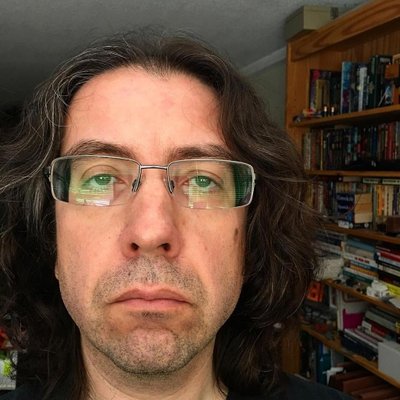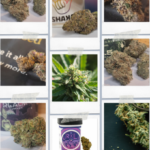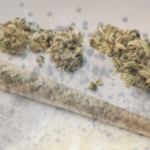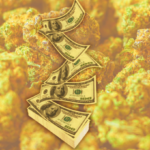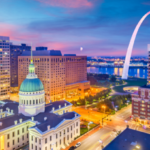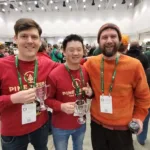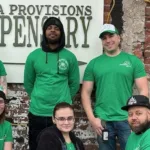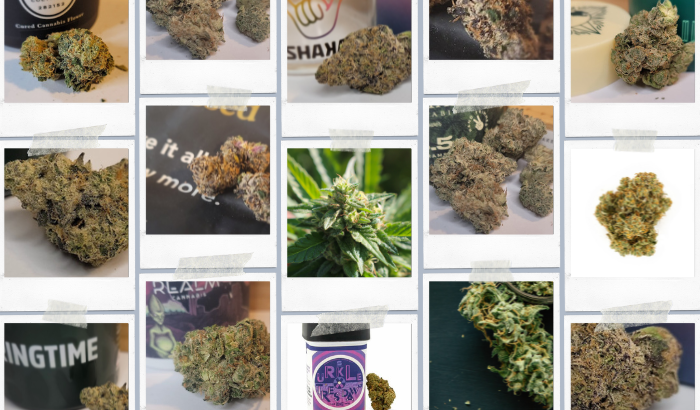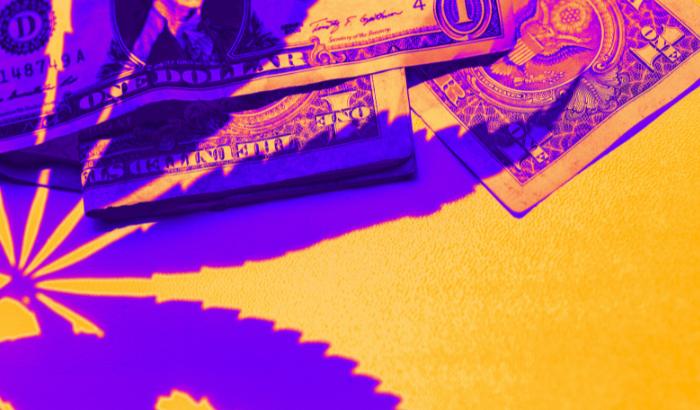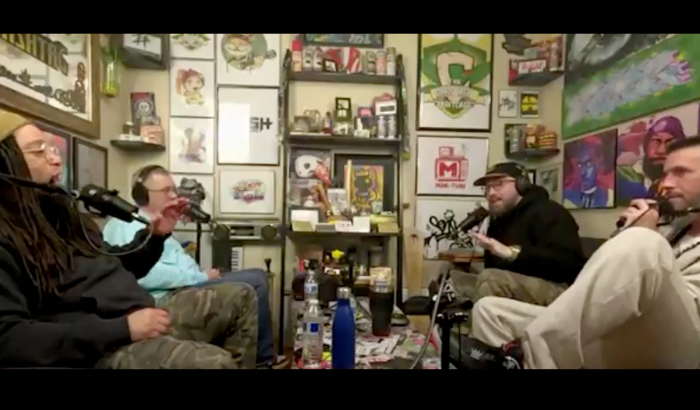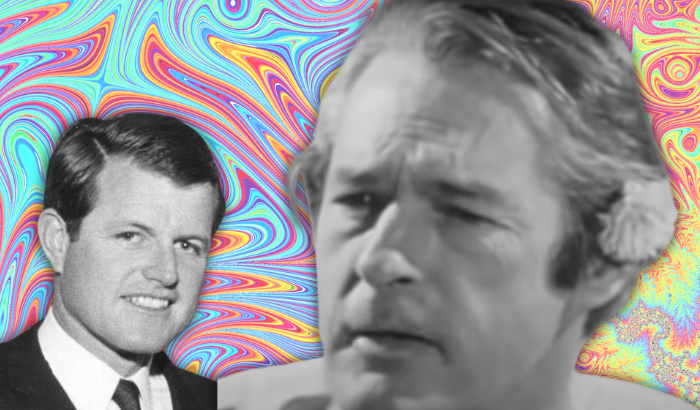
The famed doctor proposed the equivalent of a driver’s license for “marihuana” use and a pilot’s license for acid use
On Friday, May 13, 1966, a very strange debate happened between two people that were both very famous for very different reasons. Sen. Edward “Ted” Kennedy of Massachusetts, youngest scion of the most powerful American political family of the era, sat on the US Senate Special Subcommittee on Narcotics (along with his older brother Robert “Bobby” Kennedy who had just recently been elected to the Senate representing New York).
During hearings on the Narcotic Rehabilitation Act of 1966, the subcommittee called Dr. Timothy Leary, probably the greatest proponent of the benefits of psychedelic drug use of the era, to the stand in defense of the idea of legalizing cannabis, LSD, and other consciousness-expanding substances.
What followed can be read in its entirety at Google Books, but here’s an illustrative snippet of the debate that ensued between Kennedy and Leary.
KENNEDY: Mr. Leary.
LEARY: Yes.
KENNEDY: I am trying to follow the best I possibly can some themes that must be coming out of your testimony here this morning, and I am completely unable to do so. You talked in the beginning about the communications problem which exists between different generations, and then you indicate and describe why that exists. Then we hear a description and analysis, as valuable as that might be, about the different reactions to different drugs. You talk about the statistics which are going to be larger next year. Then you say you are not alarmed by them because if they are in training, people have them, and there is a careful distribution, then this isn’t really a problem. And then I hope we are going to have at least a discussion on who those trained people might be and what the regulations might be.
I am completely unable to follow anything other than just sort of a general hyperbole of discussion here. Since your testimony isn’t written, and this is a matter with which we are deeply concerned , I hope at least for those of us who are not inimitably as familiar as apparently you are with LSD, that you will try and see if you can analyze this somewhat more precisely. At least I would find that helpful. As I say, I haven’t had the background or experience in this area as I am sure the other members of the committee have, but I think it would be extremely valuable to the members of the committee if you could at least outline to some extent what you are going to try and demonstrate here today, and then if you could somewhat more precisely and exactly come to those points.
LEARY: I was, Senator Kennedy, just about to do that. I am pointing out the differences that exist among drugs, and I am going to suggest that special types of legislation are needed.
KENNEDY: Are you going to talk about the lack of communication between the generations before that or after that ?
LEARY: I finished doing that. I hope that that is clearly on the record. I feel that constructive legislation is obviously and badly needed, and I recommend respectfully to this committee that you consider legislation which will license responsible adults to use these drugs for serious purposes, such as spiritual growth, pursuit of knowledge, or in their own personal development. To obtain such a license, the applicant, I think, should have to meet physical, intellectual, and emotional criteria.
I believe that the criteria for marihuana, which is the mildest of the psychedelic drugs, should be about those which we now use to license people to drive automobiles, whereas the criteria for the licensing of LSD, a much more powerful act, should be much more strict, perhaps the criteria now used for airplane pilots would be appropriate.
I further and finally urge this committee to make some provision for young people to be trained in the use of these powerful instruments. If a high percentage of our college students are using these instruments, we have two choices. We will drive them underground or we can legitimize its use in carefully controlled circumstances.
College students I believe should be authorized, or colleges should be authorized to offer laboratory courses in which these internal microscopes are used under supervision. If such courses of systematic consciousness expansion are offered, I predict they will end the indiscriminate use of LSD by young people, and in addition will be probably the most popular and productive courses ever offered in any educational institution, because here we are opening the mind, not just teaching concepts to students.
Our American society and our educational institutions are not so perfect that new means of accelerating and expanding consciousness can be ignored or forced underground.
Transcript from “The Narcotic Rehabilitation Act of 1966,” US Government Printing Office, Washington, DC, 1966, pgs. 241-242.
Note: The act that was passed after the testimony of Leary and many others was actually pretty forward thinking. According to the US Department of Justice archives, it “recognizes the fact that narcotic addicts, including those who violate Federal criminal laws, are medical problems and should receive treatment rather than mere punishment.” Sadly, it continues, “[a]lthough this act remains in effect, due to lack of appropriation and other reasons it is not utilized to the extent to which it was in the years immediately following its enactment.”




